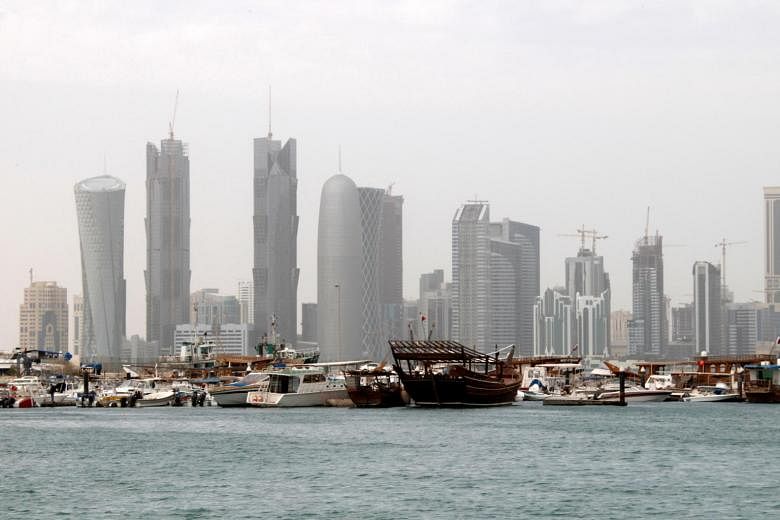The decision by Saudi Arabia, the United Arab Emirates, Bahrain, Egypt and other countries to sever ties with Qatar reveals the depth of political dissonance in the Middle East caused by the emergence of terrorism as a key factor in inter-state relations. The orthodox view of terrorism was that it divides nations into two distinct and watertight categories: those in favour of violent extremism, and those viscerally opposed to it. That supposed duality has been laid bare.
The rift was caused by Qatar's alleged complicity in supporting terrorism across the region, a charge it swiftly and expectedly rejected. It is difficult to reconcile Qatar's identity as a prosperous oil-producing state that has made its name in other international fields as well, including aviation and television, with sponsorship of terrorist groups whose religious ideology is predicated on the ultimate destruction of the modern world and its economic underpinnings. Yet, it is this charge of aiding terrorism that brought about the latest crisis. Although the funding of extremist organisations in the Middle East and elsewhere is by no means limited to Qatar, it apparently overplayed its hand by keeping channels open to radical Islamic organisations and to Iran.
What might better explain the crisis is the Iranian link - dealing with a Shi'ite state seen as a sworn enemy of the Sunni Arabs in the Middle East. Iran's relations with militias active in the Syrian civil war, for example, have created a particular source of stress in regional relations. And Iran's desire to preserve its sphere of influence in places like Syria, Iraq and Lebanon has brought it face to face with Saudi Arabia, the leader of the Sunni Arab world. Qatar's maverick ability to play with those focused on different games brought it rich political dividends till recently. Its luck ran out when it got caught between the defensive intransigence of Riyadh and the rising ambitions of Teheran. Sensing that the United States would support the actions of a Muslim bloc in Iran's insurgent way, Qatar's neighbours moved against it. Doha has only itself to blame for this outcome, which it should have expected and avoided.
Nevertheless, a diplomatic solution needs to be found to the crisis, which isolates Qatar economically and promises to hurt it far more than its neighbours. Kuwait, which has stepped into a mediatory role, deserves to be wished success. If mediation fails, Qatar would face a stark choice between accepting its estranged partners' demands, and moving even closer to Iran. Since states do not wish to "lose face" even when they palpably have made mistakes, the demands of regime survival might push Doha in the second direction, especially with Iran always eager to find new footholds in the Arab world. That could imperil Qatar's economic achievements and compromise relations with its global partners.

